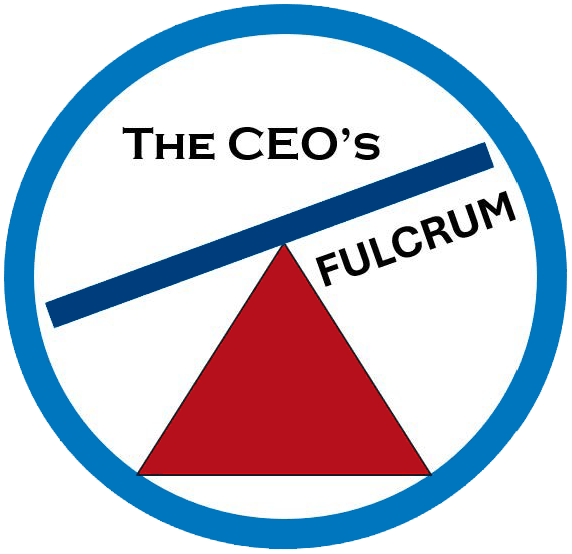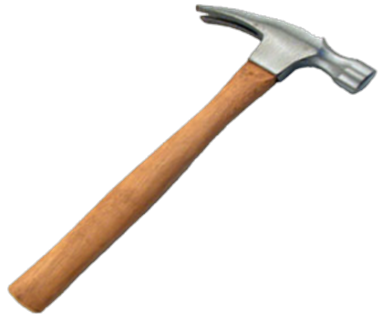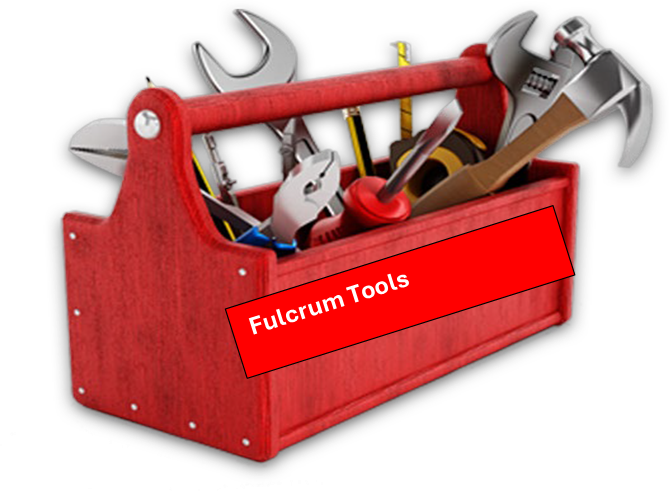Diagnosis by Allegiance- Beware of advisors and counselors who provide you with what they have and know versus what you need! When you have a pain in your jaw and see a dentist you’ll have TMJ syndrome; if you go to a podiatrist ,you’ll need shoe inserts; if you go to psychologist, you’ll need therapy; if you go to a nutritionist you’ll get a new diet, and if you go to an internist you may get surgery. These are all cases of diagnosis by allegiance.
This also happens when the leader seeks help from an attorney, from a CPA, from a management consultant, or someone who has experience in one or two industries. Their perspective and what they have to offer will be limited like what they have.
Willing Phillips has experience in 40 industries over 50 years. He has been a principal in Mcgladrey Hendrickson CPA firm as well as in several boutique consulting firms. For the last 20 years he has worked independently.
Most importantly, his work is based on involving the whole system and in getting all the elephants on the table.


